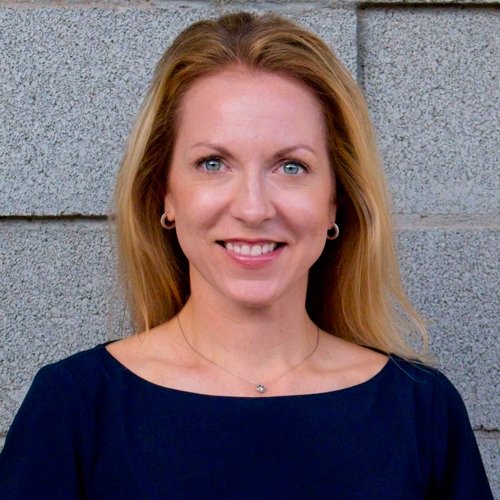A colleague recently advised me to think through what advice I would give to organizations (non-profit, government, foundations, corporate social responsibility departments, etc.) in their search for an external evaluation consultant. Here are my “Top 5” considerations when hiring an external evaluation consultant. Stay tuned for Part 2, “Top ‘To-Dos’ Before Hiring an Evaluation Consultant.”
One thing to keep in mind is that in the U.S., the field of evaluation is rather unregulated. There are no set evaluator certifications, and evaluators come with varied backgrounds and educations. Canada and the U.K. have evaluator certifications, but the U.S. does not. Look for an evaluator who is looped into the American Evaluation Association. An ideal external evaluation consultant has strong research skills, program knowledge, and solid business skills and manners.
1. Independence and objectivity: An external evaluator should bring an unbiased perspective to their work. They should provide both negative and positive feedback on the program they are evaluating. That means that the organization hiring them should be open to receiving both negative and positive feedback about their important program – otherwise, why evaluate? Evaluators should offer to provide recommendations for improvement based upon their evaluation results.
2. Expertise and experience: External evaluators come with wide ranges of experiences and expertise. Aim high – look for an evaluator with expertise in your program’s specific content area. For example, if you need an evaluator for an after-school program for a specific targeted demographic group, look for an evaluator with education evaluation experience, a culturally sensitive evaluator, and one who has past experience evaluating after-school programs. You may not find a perfect fit with past experiences, but set out to. Ask around too, and check references – make sure your external consultant hire has worked with other clients who would recommend their work.
3. Skills: What kind of skills do your potential consultants have? This should be a match with your needs. Some evaluators are stronger in strategic planning and logic model development, and others have strengths in quantitative analyses. Others may have experience conducting focus groups and qualitative work. Evaluators also have different philosophies when approaching evaluation work and follow different models. Be sure to ask candidates what their evaluation philosophy is, and see that it matches your organization’s culture and mission.
4. Availability and communication plan: How available will the evaluator be to you? How frequently will they check in with questions and clarifications? How much on-the-ground time will they spend getting to know your program and its heart? What will the deliverables be and when? It is certainly fair to ask these questions before signing the contract.
5. Empathic listeners: Yes, I saved the best for last. Evaluators should be listeners. Evaluators should not be chatty, simply stated. They are there to absorb, collect information, and digest in order to provide recommendations so that your organization’s program can improve. An evaluator who does all the talking can’t accomplish this. Evaluators should be collaborators and work with you throughout the life of the evaluation. Personality matters – interview them in person and be sure your personalities mesh.
Remember why you want an evaluator – you want to measure program outcomes in order to better understand your program and improve it. The external consultant guiding you through this process is important. Happy evaluator-finding!



 Thanks for visiting FirstEval. Please reach out if you'd like to talk about your data.
Thanks for visiting FirstEval. Please reach out if you'd like to talk about your data.